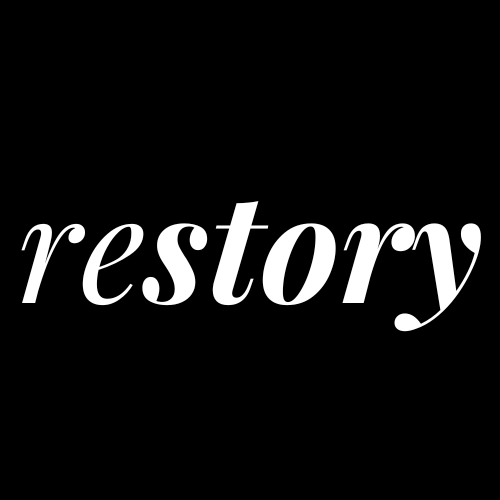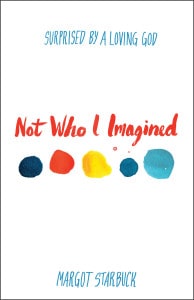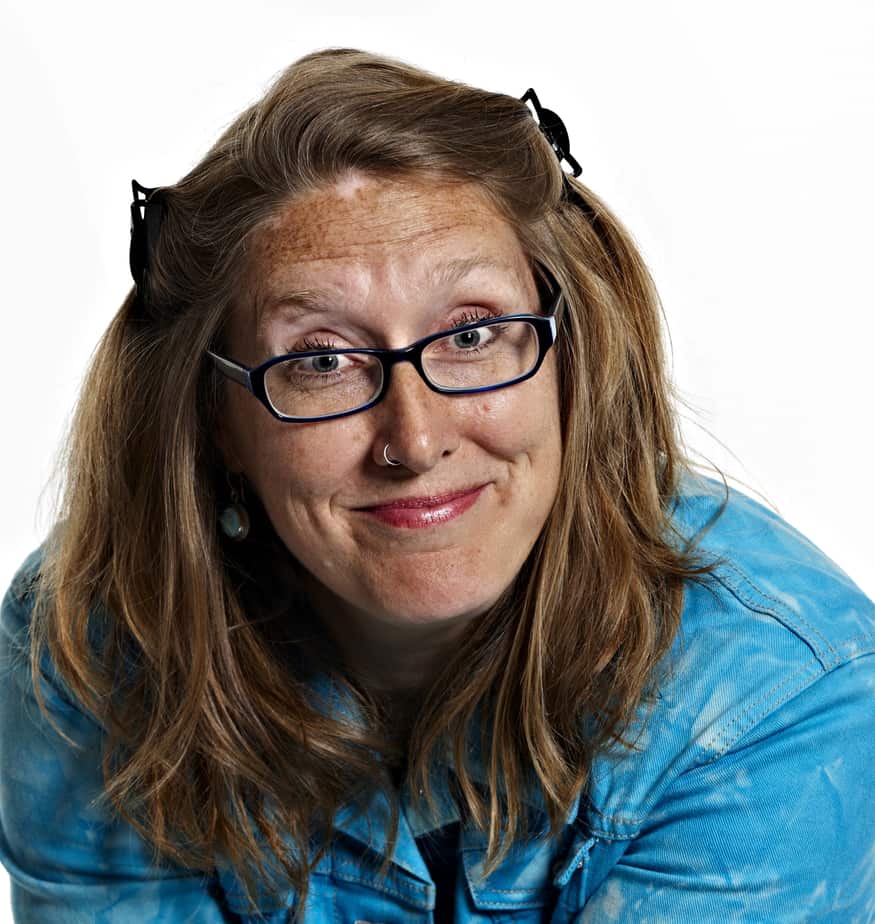I’m grateful to have my friend Margot Starbuck share space here today. I normally don’t have guest posts, but hers is so beautiful and so closely tied to Not Marked, that I knew it would bless you. Margot Starbuck is the author of the newly-released Not Who I Imagined: Surprised by a Loving God.
Connect at MargotStarbuck.com or on Facebook.
Meet awesome Margot!! Isn’t she amazing?
…
I heard them coming up behind me on the sidewalk, horsing around the way guys do. They were probably in their early-twenties. Three or four young men. Tall, strong, handsome.
I was just a kid.
Walking in front of me was a pretty college girl. Carrying a few textbooks, she was wearing a white blouse, cardigan sweater, and a short plaid skirt.
When they brushed past me I hung back and watched the scene unfold.
One of the young men, flirty at first, became sexually aggressive with the young woman. Then they disappeared from view. And although I couldn’t see them, I knew, intuitively, that she was being hurt.
I also knew that I was next.
…
Sudden and Slow Awakenings
I awoke suddenly in bed, temples sweating, heart racing. I was twenty-four, anticipating marriage, and my past had suddenly bubbled up, unauthorized, from my deep places.
What would take me years to understand—with the help of pastors and prayer warriors, therapists and friends—was the enduring impact of being a child in a home where someone else was being sexually abused.
I was, in most moments, terrified that I would be next, though I have just one memory of the abuse in our home.
One December night, when I was about five, the violence got so bad that my big brother had to call the police. When they arrived, I crept back upstairs to my bed, scared and alone. But the next morning we all put on our smiles, donned our Christmas sweaters, hopped in the station wagon and headed off for a happy family Christmas at the grandparents’ home.
And though I’d keep that smile on for the next several decades, what I learned about marriage—deep down—was that it was dangerous.
Even life-threatening.
…
Kid Math
Because the deepest needs of my heart, needing to be protected and nurtured, had been unmet, I did what most kids do: I believed that I got what I deserved. And though I’d been spared physically, I’d not been protected emotionally.
Today, as an adult, I recognize the harm. I know that children can survive and thrive in the wake of the most difficult situations when they have healthy adult resources who can reflect, with an angry face, with a compassionate face, “I’m so sorry that happened. Were you scared, baby? Know that you are worth respecting. You are worth loving.”
But as a naturally egocentric kid, I deduced that if I’d been worth protecting—from alcoholism and raging and violence and divorce—I would have been protected. If I’d been worth nurturing, I would have been nurtured.
Kid-math sucks.
…
Wily Love Math
Although I’d been assured as a child that God loved me, the “love” equation became a little slippery when the word—“love”—seemed to mean so many very different things.
I was told that my birthparents, who’d relinquished me, loved me. My adoptive parents, reigning over the chaotic home, both said they loved me. My stepmom loved me. And my stepdad, yet another parent to drink way too much, told me he loved me more than anyone else in the whole world.
Graciously, in my thirty-third year, the Lover of my soul intervened.
In a vision of Jesus on the cross, the truth I’d known about God’s love at last seeped into my deep places. Jesus wasn’t the kid who was cavalierly sacrificed at the whim of an inadequate parent—the way I’d sort of suspected he might have been. In a holy moment I at last saw that the One on the cross was actually the Father who gave his own life out of his love for me. This was a father who was able to be for me. All the theology I’d learned at Princeton Seminary about the Trinity, at last, made sense.
If my earliest experience had convinced me that I wasn’t worth protecting or nurturing, this experience—a Father sacrificing himself, for my good—convinced me that I was.
Today I’m still relearning what it looks like to live as one who’s worth protecting, worth nurturing, worth loving.
…
Enduring Impact
Several months after waking from my scary dream, I married a good man. He was sensitive. He was safe. He would be faithful. Recently, after eighteen years of marriage and after the birth of two children and adoption of another I discovered, he discovered, we discovered, he was also gay. He left our home eight months ago.
Never convinced as a child that there was a reliable face to protect me from sexual violence, I, unwittingly, protected myself. (A real genius move on my part, eh?)
Today, in the wake of his absence, the choice to tip my face toward a reliable countenance—one that says I’m worth loving—has become a moment by moment exercise. Now I recognize God’s reliable face that reflects, “I’m so sorry that happened. Were you scared, baby? Know that you are worth respecting. You are worth loving.”
Henri Nouwen, during his own personal crisis, exhorts, “The root choice is to trust at all times that God is with you and will give you what you most need.” (click to tweet)
Today I’m trusting.
…
Margot will be responding to comments. Please let her know what you think of her difficult, amazing story.



0 Comments